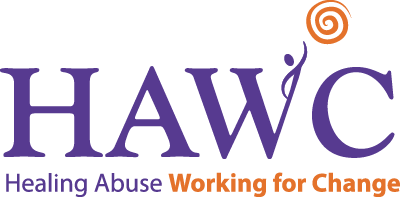Set up protections
You must protect yourself even after you leave an abuser.
- Guard your home by changing the locks, installing a security system, and maintaining a strong outdoor lighting system to protect yourself if the abuser finds you.
- Keep shrubs and trees around your home well-trimmed so that you can see who approaches your home.
- Change your phone number, and open new email accounts.
- Call the telephone company and ask that your number be blocked so that if you call anyone, neither the abuser nor anyone else will be able to get your new, unlisted phone number.
- Consider renting a P.O. box or using a friend’s address for sending and receiving mail.
- File a protective order against your abuser if you haven’t done so already, and keep it with you at all times.
Protective Orders
All 50 states and the District of Columbia have statutes for some form of protection order which may prohibit abusers from contacting survivors, order abusers to stay away from survivors and their homes or jobs, require abusers to move out of a home they share with survivors, demand that abusers surrender firearms, or instruct abusers to attend counseling. Several individuals can be included in protective orders, and special provisions may be made allowing peaceful, limited contact for custody conversations.
These orders last typically one to five years, with the option for a survivor to renew the order. You can file a protection order with your local court. To assist anyone seeking a protection order, HAWC has free, trauma-informed advocates stationed at courts. You can also call HAWC’s 24-Hour Hotline for more legal support.
Change your routine
- Take different routes to schools, grocery stores, banks, restaurants, and other places you might frequent.
- Consider changing schools, going to different stores, and using different banks.
- Change your work hours.
- If your abuser is aware of any appointments, reschedule them.
- If you share custody of children with your abuser, locate a safe location for the custody exchange. You may choose to exchange children at the police station, and there are many YMCAs that offer safe exchange programs.
Share your story
- Allow your support networks to protect you from this person.
- Inform neighbors, co-workers, school officials, family, and friends that this person should no longer be near you or your children. Provide these people with copies of your restraining order or photos of the abuser.
- By strengthening your relationships, you ensure that people will check up on you if something suspicious occurs.
- Join support groups, workshops, and religious groups.
- Remind yourself that you are not alone.

